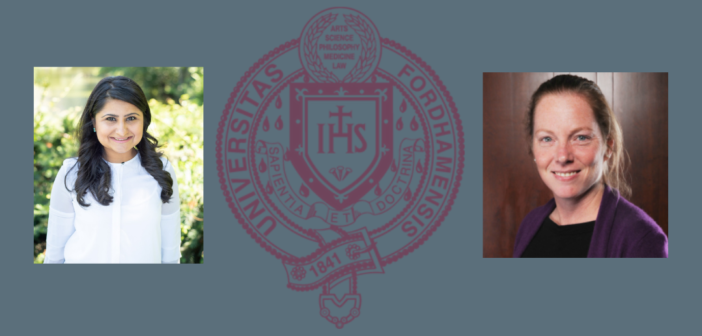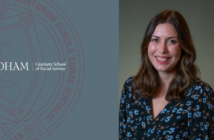Graduate School of Social Service faculty members Rahbel Rahman, Ph.D., and Abby Ross, Ph.D., recently collaborated with GSS alumna Simone Hopwood, GSS ’21, on an article exploring how executive directors and supervisors view the challenges of Community Health Workers (CHWs).
The article, titled “Studying Executive Directors and Supervisors Views of Organizational and Policy-Level Challenges Faced by Community Health Workers,” appears in J Ambul Care Manage, and “seeks to respond to the call in the literature to work collaboratively with CHW professional associations to identify, reflect, and respond to CHW workforce development and sustainability issues.”
Read the full abstract here:
Within the United States, there is an absence of a national community health worker (CHW) program. There is substantial regional and state-based variability in the population served by CHWs, their disease focus, and availability of training, supervision, and other supports. This article seeks to respond to the call in the literature to work collaboratively with CHW professional associations to identify, reflect, and respond to CHW workforce development and sustainability issues. We partnered with 8 member organizations of the Association of Perinatal Networks of New York and conducted 2 focus groups with 7 executive directors and 6 supervisors. Data were analyzed using thematic analysis. Policy barriers included funding, accessibility of evidence-based practices, and credentialing. Organizational barriers included recruitment and high turnover and interorganizational referral processes and management. This study offers recommendations for supports needed to sustain CHWs, with an emphasis on greater investment in recruitment and training, higher compensation, and interorganizational collaboration.
To learn more about Rahman’s history of research with CHWs, check out this article which details her interest in the profession, and how she thinks CHWs could benefit society—especially during the COVID-19 pandemic recovery.



